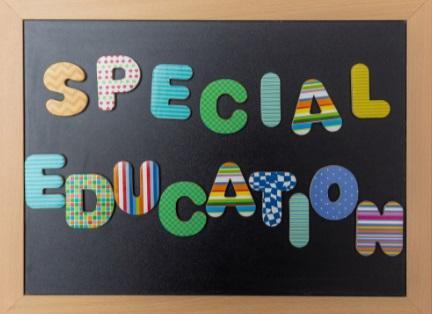DfE guidance on SEND for governing boards
 This guidance aims to help boards with their role and responsibilities in relation to pupils with special educational needs (SEN) and disabilities and to empower governors and trustees to hold their schools to
This guidance aims to help boards with their role and responsibilities in relation to pupils with special educational needs (SEN) and disabilities and to empower governors and trustees to hold their schools to
account.
The guidance sets out that, while overall responsibility rests with the board, there should be a lead member of the governing board or a sub-committee with specific oversight of the school’s arrangements
for SEN and disability.
The lead member will:
- champion the school’s support for pupils with SEN and disabilities, including good practice in pupiengagement
- ensure that the board has the information it needs for assurance about the school’s practice work closely with the head teacher or principal, senior leadership team and (in the case of mainstream schools) the SENCO.
Responsibilities under the Equality Act 2010 may benefit from the oversight of the same lead governor,
trustee or sub-committee as the 2014 Children’s and Families Act responsibilities, or they may sit with
other equalities responsibilities.
There is a close connection between the duties relating to SEN and equality duties relating to disability.
For example, equality objectives and information should typically include matters relating to the
experience of disabled pupils and their education and employment outcomes. Some disabled pupils will
also have SEN.
The guide mentions that the board should get appropriate and regular training to help it discharge its
duties in relation to SEN and disability and to help ensure the best possible outcomes for those pupils.
SEN and disability duties: guidance for school governing boards - GOV.UK
